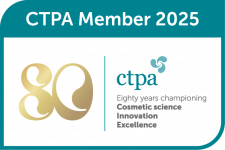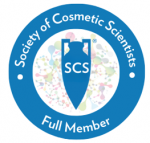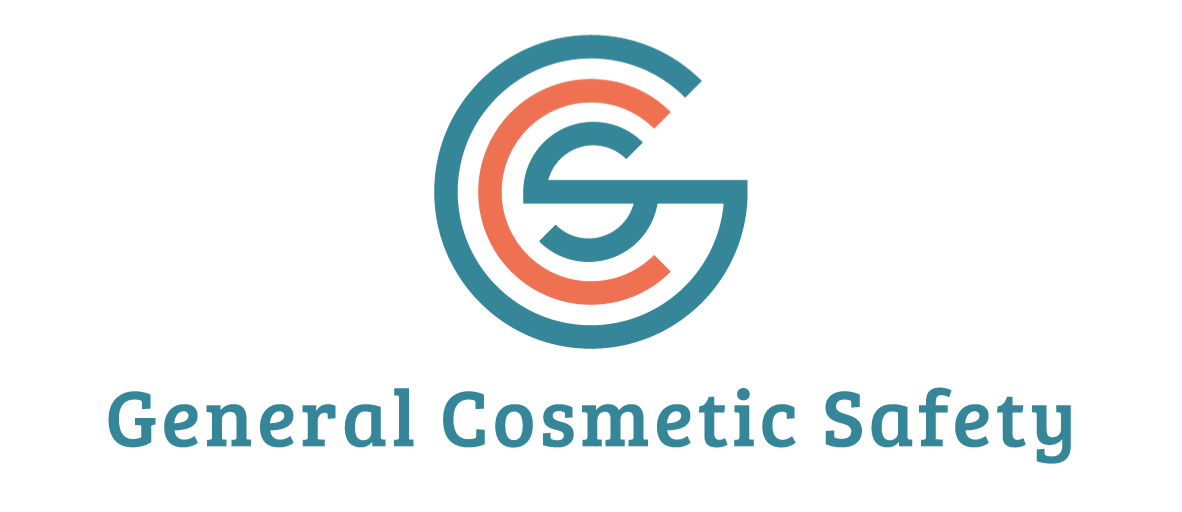Cosmetic Safety and Regulatory Insights
Margin of Safety
The Margin of Safety is used when scientists want to make sure a chemical / ingredient is safe in products like cosmetics or food additives; they need to compare two important things: 1. The amount that caused no harmful effects in animal studies (called the...
Ingredient Percentage Ranges in Cosmetic Product Notifications
When submitting cosmetic product information to regulatory portals like the EU CPNP or UK SCPN, manufacturers can use percentage ranges for ingredients instead of exact percentages. Cosmetic product manufacturers aren't required to disclose exact ingredient...
Will Talc be banned in cosmetics?
Talc is a very commonly used ingredient, in cosmetics and many other industries. It is at risk of being banned in the EU for use in cosmetics, based on a recent Committee for Risk Assessment (RAC) report, which has classified talc as a Carc. 1B substance. Background...
Animal Testing in Cosmetic Safety
The beauty industry has long relied on animal testing to ensure the safety of cosmetic ingredients, a practice that dates back to the early 20th century. However, as we move further into the 21st century, the landscape of cosmetic testing is undergoing a significant...
Will Tea Tree Oil be banned in cosmetics?
Tea tree oil (TTO) - INCI name: Melaleuca Alternifolia Leaf Oil - is a well-known essential oil with a distinctive aroma and widely used in cosmetics and aromatherapy. It is at risk of being banned in the EU for use in cosmetics, and I wanted to understand why,...
What Exactly is a Cosmetic Product?
Cosmetics are everywhere in our daily lives. From the face wash you use each morning to the night cream you might use before bed, we rely on these products to keep us looking and feeling our best. But what exactly makes something a cosmetic product, and what doesn’t?...
Stability Testing of Cosmetic Products
Stability Testing of Cosmetic Products - A Pragmatic Guide I have many customers who are just starting out and have no idea what shelf-life to quote for their products. The shelf-life is an indication of how long a product will last, how long it will continue to...
Choosing the Right Consultant for Regulatory Compliance in the Cosmetics Industry
GCS focusses on providing CPSRs to cosmetic brand owners. A CPSR is only one part of the regulatory pie. There are lots of other aspects to compliance when thinking about selling your cosmetic product: – Product Information File Finding / being a Responsible Person...
Achieving Microbiological Quality and Safety in Cosmetics – Part 2
Microbial quality in cosmeticsIn Part 1 of looking at aspects related to microbes in cosmetics, I wrote about what a microbe is, what are the requirements for testing – purity and stability and why this is important when making and selling cosmetic products. In Part 2...
BBE vs Period After Opening
The "Best Before Date" and "Period After Opening (PAO)" are labelling terms used on cosmetic products to provide information about the product's shelf life and usage recommendations. What is the difference between the two?Best Before End (BBE):Used for products that...
Safety Assessor Qualifications
MSc (Distinction), University of Strathclyde
BSc (Hons) Chemistry, University of Nottingham
Certificate - Safety Assessment of Cosmetics in the EU, Vrije University Brussels
Get in Touch
If you would like to discuss any of your products or ranges, please fill out our contact form




